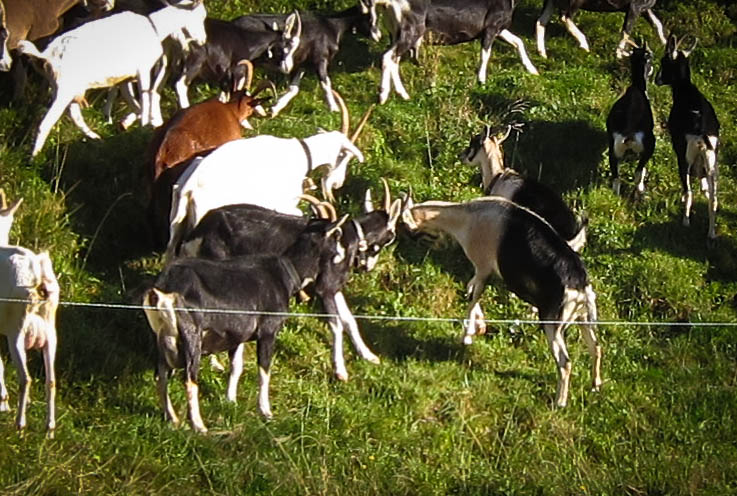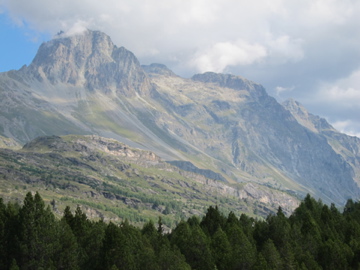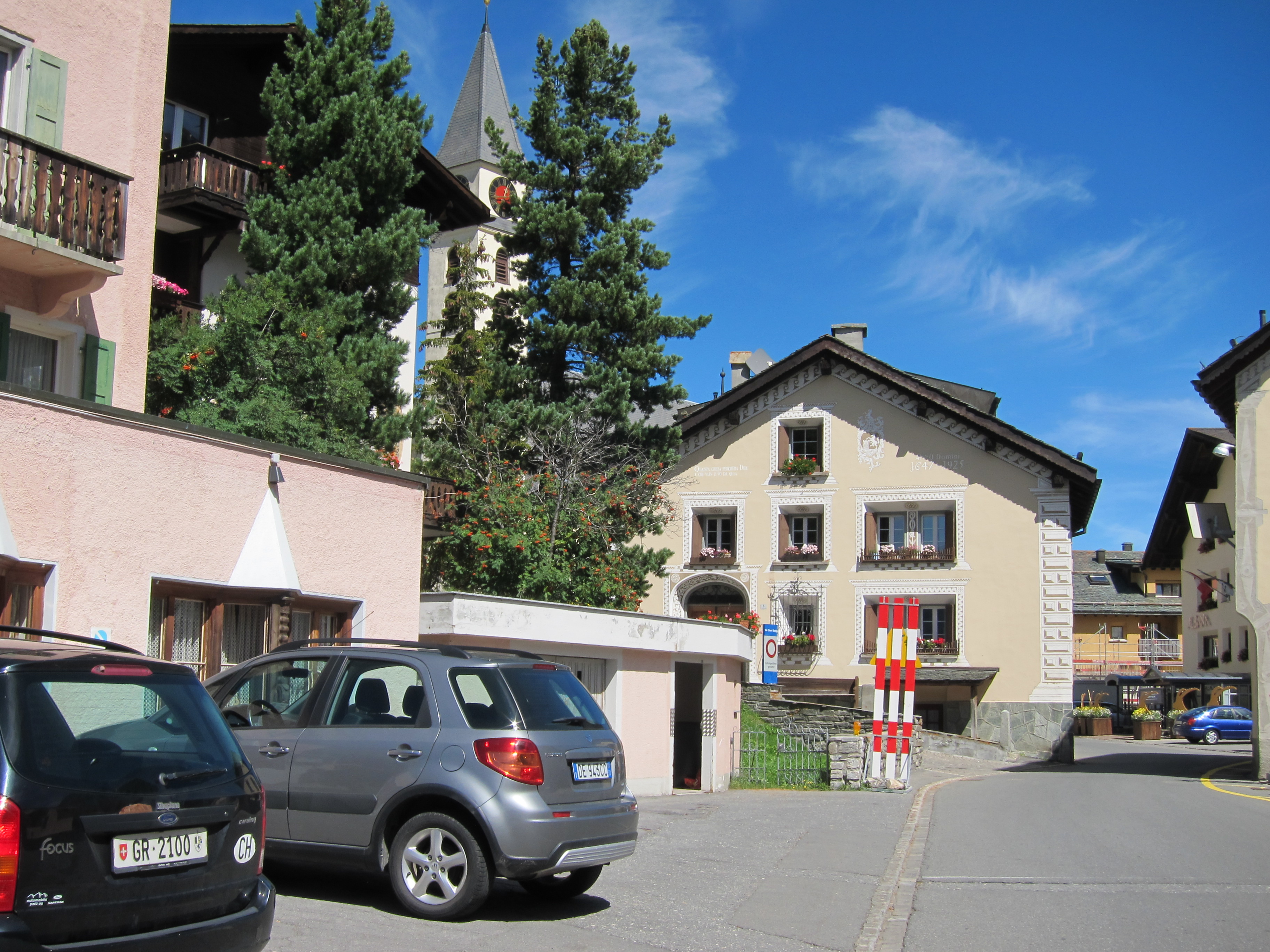
Before leaving Houston for Switzerland, I dutifully wrote several blog posts in advance. After all, I am on vacation and want to enjoy living in this lovely pastoral setting. However, with each hike, words fly up from the ground and into my brain, demanding that I pay attention. If there is anything I have learned by midlife, it is to respect my inner promptings and let them have their say.
I have also learned that Boomers love to travel, so I’m happy to weave some of my own travel experiences within the context of A Woman’s Nest. It also seemed appropriate as we transition from summer to fall, and to our upcoming September focus on stillness. Since we talk about books on Tuesday, then, I thought I would step away from yet another book about menopause (don’t worry, I’ll come back to it sooner or later!) and talk about travel books.
Peter Mayle has his Provence. Frances Mayes has Tuscany. And Rick Steves, of course, has made a great living letting people know the sights, sounds, and activities to experience while traveling. We don’t agree on everything — he’s fond of Avignon and not as fond of Arles and Aix en Provence, for example, where we lean in the opposite direction. That said, we listen to his podcasts and watch his shows, always gathering the information he shares so generously.
Rick had to learn that sometimes what people want are the high points of a place. For some, a visit to Paris is a once-in-a-lifetime trip, so they need and want the “best” art to see in the Louvre so they can zip through it quickly. Rick has met that need, but in one of his books, Travel as a Political Act, we get to see more of Rick Steves. We get to read his perspectives of not how to travel, but why. He shares how his visits over the years have caused his politics to evolve, and explains how we can broaden our own horizons when we travel.

This was the first place I learned the term “roundtrip revolutionary.” I became one last year on a visit to Costa Rica, where I volunteered for two weeks. The term, though humorous, has a serious point to it. We may go somewhere and volunteer for a period of time, but we always have that plane ticket home, while the people we assist are fighting the good fight day in and day out to serve children, fight poverty, and bring needed medical assistance to the poorer regions of the world. I griped because I lived without hot water for two weeks (mainly because I knew that the locals actually did have hot water), but I got to come home to a cozy bed and plenty of food. I had an “off” switch for my experiences.
I think a lot about Rick’s book as I wander through the mountains of this part of Switzerland. One has a great deal of time to think in the hours on the path. I realize that with each trip, I learn more about a part of the world that is foreign to mine in many ways, and that’s a good thing. Here, German, Italian, and Romansche cultures blend together. A lake can be a luc, a lej, or a loggia. Our town is Sils or Segl, depending on what sign you read. English isn’t at the top of the list; it’s about midway down. On the path we greet fellow hikers with “Goetze” (roughly, as I understand it, God be with you), but some say Bongiorno, and we even hear a few Bonjours. In this tiny area, many different peoples coexist with relative ease.
The idyllic nature of this area is broken by the sound of construction. Others have discovered Sils’s charm and want to visit or live here. The locals try to deal with demand vs. the need to keep the charm and purity of the town. As with many tourist areas of the United States, the tension between progress and preservation requires much debate. It will be interesting to see what happens to Sils over the next five or ten years.
As I ponder Rick’s book, I also think about the stereotypes that we have, sometimes unintentionally, that travel allows us to release. One big example is that I learned on my first trip to France that the French are no more rude than any other society. In fact, I find the French to be interesting, engaging, and friendly people. And the Swiss are not dressed up looking like Heidi or the kids from The Sound of Music. I haven’t heard a single yodel. Instead, I see people, more or less like us, who are generous to share their favorite places to hike.
I also recognize that life here is different from, say Zurich or Geneva, where picturesque landscapes give way to urban sprawl, where spaciousness gives way to crowds. I’m far away from the public restrooms of the city with their bluelights that make it harder for an addict to find a vein. Even this gorgeous and prosperous country has its share of problems.
Yet we are here, and we continue to learn. We continue to look at travel as both personal and political. If you also love to travel and want to know more about a place than its highlights, then I highly recommend Travel as a Political Act by Rick Steves. You’ll be thinking about it long after you have finished reading it.
